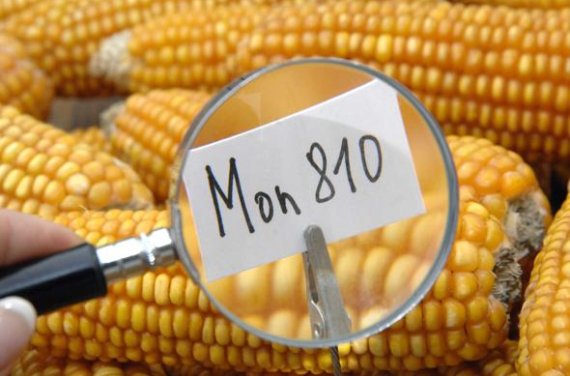The latest in a long line of studies has shown no untoward effects on rats after consuming this maize. We would be better off saving money, time and lab animals, says Rikilt researcher Esther Kok. Monsanto’s maize varieties MON810 and NK603 are among the most scrutinized in the world. They are genetically modified. One of them has extra genes which protect the plant against destructive insects, and the other has bacterial genes which provide herbicide tolerance, or protection against the weedkiller Roundup. The first is permitted on the European market, the second is not (yet). Both varieties have been through an extensive admission procedure but the EU is very wary of admitting GM crops. The Netherlands is not against them, but other countries such as France and Austria oppose them. In order to break the deadlock, Brussels is having an additional study done on the evaluation criteria for GM crops in general and MON810 in particular. This is being implemented by a fouryear EU project called GRACE: GMO Risk Assessment and Communication of Evidence.
NEW STUDIES
In this context, Rikilt researcher Esther Kok and European partners is looking at whether the risk assessment of GM crops is in line with the latest scientific findings. In the test, groups of rates were fed on a diet including various different doses of GM maize. The rats were then compared on various points with other rats fed on non-modified maize. The conclusion, published last month in Archives of Toxicology, was that MON810 caused no abnormalities in the rats. Esther Kok was not surprised by the conclusion. ‘There have been several rat studies on MON810 in the past and nothing came out of any of them. We in the Netherlands are not in favour of these kinds of 90-day rat studies, because we do not think they are sensitive enough. But the European Union made these studies compulsory last year.’ New rat studies are now planned under the auspices of GRACE. Partly instigated by the claim made by the French scientist Seralini in 2012, that he had found swellings in rats that had eaten GM maize. This publication was withdrawn after attracting a lot of criticism. Kok would be amazed if this latest study came up with any evidence of damaging effects. The GRACE project, a collaboration between European toxicologists and risk-assessors, is coordinated by the German Julius Kuhn Institute.

